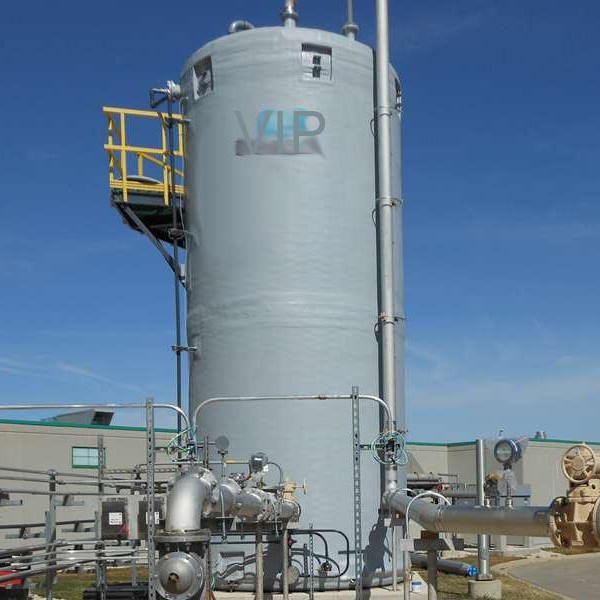
-
 Afrikaans
Afrikaans -
 Albanian
Albanian -
 Amharic
Amharic -
 Arabic
Arabic -
 Armenian
Armenian -
 Azerbaijani
Azerbaijani -
 Basque
Basque -
 Belarusian
Belarusian -
 Bengali
Bengali -
 Bosnian
Bosnian -
 Bulgarian
Bulgarian -
 Catalan
Catalan -
 Cebuano
Cebuano -
 China
China -
 China (Taiwan)
China (Taiwan) -
 Corsican
Corsican -
 Croatian
Croatian -
 Czech
Czech -
 Danish
Danish -
 Dutch
Dutch -
 English
English -
 Esperanto
Esperanto -
 Estonian
Estonian -
 Finnish
Finnish -
 French
French -
 Frisian
Frisian -
 Galician
Galician -
 Georgian
Georgian -
 German
German -
 Greek
Greek -
 Gujarati
Gujarati -
 Haitian Creole
Haitian Creole -
 hausa
hausa -
 hawaiian
hawaiian -
 Hebrew
Hebrew -
 Hindi
Hindi -
 Miao
Miao -
 Hungarian
Hungarian -
 Icelandic
Icelandic -
 igbo
igbo -
 Indonesian
Indonesian -
 irish
irish -
 Italian
Italian -
 Japanese
Japanese -
 Javanese
Javanese -
 Kannada
Kannada -
 kazakh
kazakh -
 Khmer
Khmer -
 Rwandese
Rwandese -
 Korean
Korean -
 Kurdish
Kurdish -
 Kyrgyz
Kyrgyz -
 Lao
Lao -
 Latin
Latin -
 Latvian
Latvian -
 Lithuanian
Lithuanian -
 Luxembourgish
Luxembourgish -
 Macedonian
Macedonian -
 Malgashi
Malgashi -
 Malay
Malay -
 Malayalam
Malayalam -
 Maltese
Maltese -
 Maori
Maori -
 Marathi
Marathi -
 Mongolian
Mongolian -
 Myanmar
Myanmar -
 Nepali
Nepali -
 Norwegian
Norwegian -
 Norwegian
Norwegian -
 Occitan
Occitan -
 Pashto
Pashto -
 Persian
Persian -
 Polish
Polish -
 Portuguese
Portuguese -
 Punjabi
Punjabi -
 Romanian
Romanian -
 Russian
Russian -
 Samoan
Samoan -
 Scottish Gaelic
Scottish Gaelic -
 Serbian
Serbian -
 Sesotho
Sesotho -
 Shona
Shona -
 Sindhi
Sindhi -
 Sinhala
Sinhala -
 Slovak
Slovak -
 Slovenian
Slovenian -
 Somali
Somali -
 Spanish
Spanish -
 Sundanese
Sundanese -
 Swahili
Swahili -
 Swedish
Swedish -
 Tagalog
Tagalog -
 Tajik
Tajik -
 Tamil
Tamil -
 Tatar
Tatar -
 Telugu
Telugu -
 Thai
Thai -
 Turkish
Turkish -
 Turkmen
Turkmen -
 Ukrainian
Ukrainian -
 Urdu
Urdu -
 Uighur
Uighur -
 Uzbek
Uzbek -
 Vietnamese
Vietnamese -
 Welsh
Welsh -
 Bantu
Bantu -
 Yiddish
Yiddish -
 Yoruba
Yoruba -
 Zulu
Zulu
fiberglass holding tanks
Exploring the Benefits of Fiberglass Holding Tanks
Fiberglass holding tanks have emerged as a popular solution across various industries due to their unique combination of durability, resistance to corrosion, and lightweight nature. As organizations seek efficient ways to manage liquids, fiberglass tanks have proven to be a reliable choice for both commercial and residential applications.
One of the primary advantages of fiberglass holding tanks is their resistance to a wide range of chemicals. Unlike metal tanks, which can corrode or degrade when exposed to certain substances, fiberglass is inherently resistant to rust and chemical reactions. This makes it an ideal material for storing wastewater, chemicals, and other corrosive fluids. As such, industries such as agriculture, manufacturing, and oil and gas frequently utilize fiberglass tanks to ensure safe and secure storage of their liquids.
Moreover, fiberglass tanks can be manufactured in various shapes and sizes to meet specific needs. This versatility means that whether you need a small tank for residential use or a large storage solution for industrial applications, fiberglass can be tailored to your requirements. The ability to create custom designs allows for efficient space usage in installations, which is crucial in settings where space is at a premium.
Another significant benefit of fiberglass holding tanks is their lightweight nature. Compared to traditional materials like steel or concrete, fiberglass is much lighter, making it easier to transport and install. This weight advantage reduces handling costs and labor efforts associated with moving and setting up heavy tanks. Additionally, the installation process can often be completed more quickly, minimizing downtime and enhancing operational efficiency.
fiberglass holding tanks

Insulation properties of fiberglass are also noteworthy. Fiberglass tanks can be designed to maintain stable temperatures of the stored liquids, which is critical in applications where temperature fluctuations could lead to material degradation or spoilage. Whether it's keeping food products at safe temperatures or preventing chemicals from reacting unfavorably due to overheating, fiberglass tanks provide reliable thermal stability.
Furthermore, the durability and longevity of fiberglass tanks mean that they often require less maintenance compared to tanks made from other materials. They are less prone to leaks and damage, reducing the likelihood of costly repairs or replacements. This long-term reliability translates into significant cost savings for businesses, making fiberglass an economically sound choice.
In addition to these practical benefits, fiberglass tanks often boast aesthetic advantages. Available in a range of colors and finishes, they can easily blend into different environments without sacrificing functionality. Whether installed in a rural setting or an urban landscape, fiberglass holding tanks can be visually appealing while still serving their necessary role.
In conclusion, fiberglass holding tanks offer a multitude of advantages that make them an excellent option for liquid storage across various sectors. Their resistance to corrosion, lightweight design, customizability, insulation capabilities, low maintenance needs, and aesthetic flexibility solidify their place in modern storage solutions. As industries continue to evolve and prioritize efficiency and safety, fiberglass tanks are likely to play an increasingly important role in liquid management strategies.









